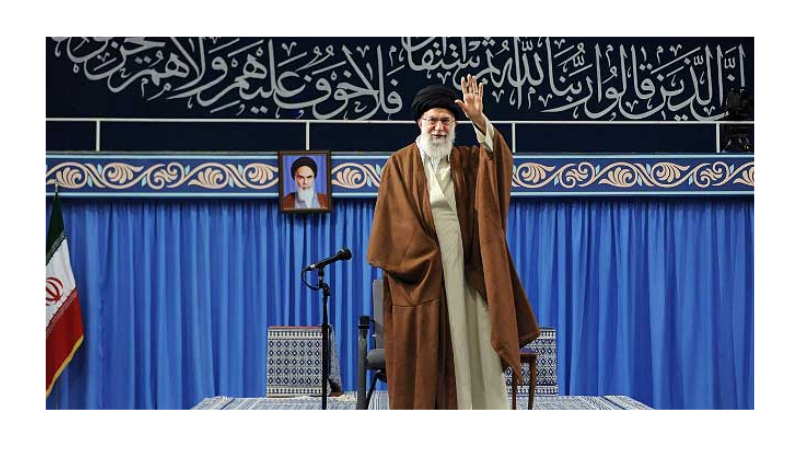Yoni Ben-Menachem
Jerusalem Center for Public Affairs, Oct. 28, 2024
“Israel’s strike did not affect Iran’s estimated stockpile of 2,000 to 3,000 long-range ballistic missiles, and these missiles still pose a significant threat to Israel.”
Israel’s recent airstrike on Iran has reportedly destroyed all of Iran’s strategic air defense capabilities and severely hindered its ability to produce new ballistic missiles, according to senior Israeli security officials. Despite these setbacks, Iran is determined to respond to the Israeli attack and is currently engaged in damage control efforts. Israel’s security establishment believes that Iran is actively assessing the situation to determine how best to retaliate against Israel.
It is also believed that Supreme Leader Ali Khamenei has already decided on a course of action against Israel. However, he remains ambiguous and has yet to make any explicit announcement, likely as a tactic to unnerve Israel. Iranian President Massoud Pazeshekhian commented on the Israeli strike on October 27, 2024, stating, “We will respond appropriately to the Israeli attack on our land.” He also warned that “the conflict could escalate if Israeli attacks persist.”
Senior Israeli officials have expressed satisfaction with the results of the strike and dismissed criticism that the Israeli Air Force’s attack was “weak.”
Security assessments indicate that Israel is gradually laying the groundwork for a potential future strike on Iran’s nuclear facilities, possibly after the U.S. presidential elections. For now, Israel significantly weakened Iran’s defensive capabilities against Israeli attacks. The recent airstrike reportedly destroyed all of Iran’s strategic air defense capabilities, including long-range surface-to-air missile batteries. … [To read the full article, click here]


